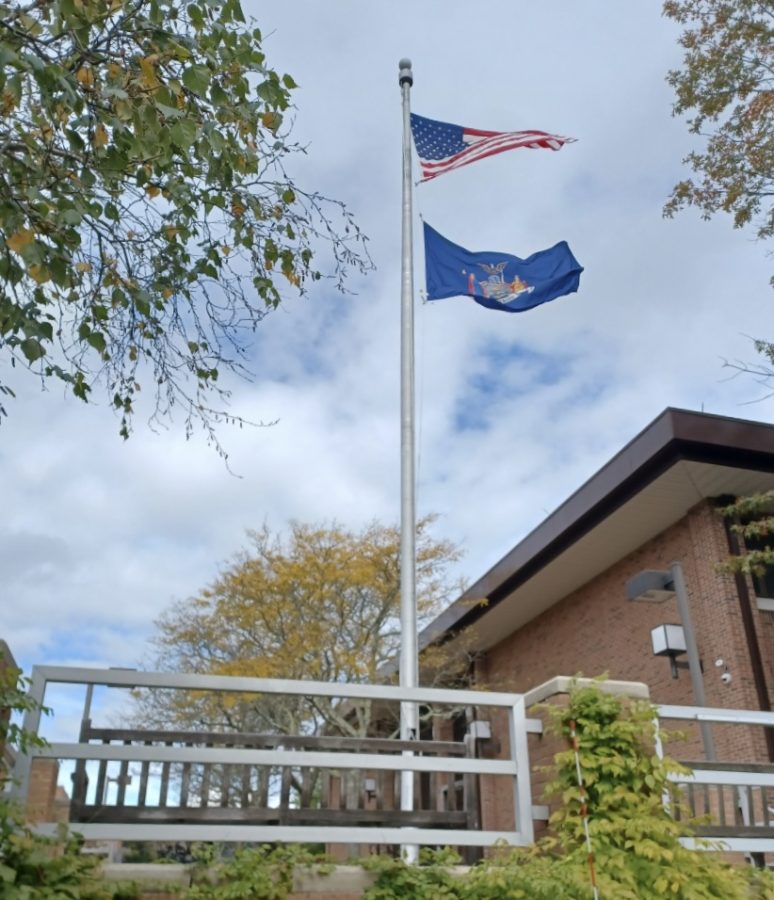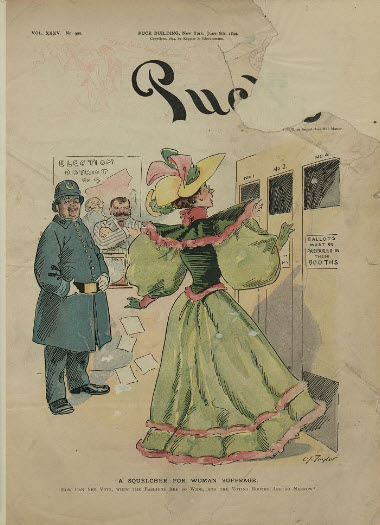No one can deny that Gen Z, born between the mid-90s to mid-2010s, faces many challenges academically, economically, and socially. However, despite these challenges, as noted by Pew Research Center, our generation is also on track to be the most educated, diverse, and open-minded generation in the history of the country. We are also, according to the American Psychological Association, a generation more likely to be aware of and to report mental health concerns.
If we are willing to assist those who seem like they need help, what can we do for those who appear to be doing well? Several ways we can help are by recognizing common “red flags” or warning signs, doing simple but valuable actions, and more importantly, encouraging others to find the help they may need. The SCCC Campus Care Guide outlines these warning signs and offers guidance about what to do if you or someone you know is experiencing them.
Physical Signs
We often view personal hygiene and appearance as reflections of our character and self-respect, but poor hygiene or a noticeable deterioration in appearance can be indicative of deeper issues that an individual may be facing. When someone neglects their hygiene, it may be a sign that they are struggling with mental health problems, such as depression or anxiety. Other signs may be excessive fatigue, lack of energy, or noticeable weight loss or gain.
Behavioral Signs
Some signs you can look for more carefully are behavioral signs. The signs can range from social isolation and impulsive or risky behavior, to verbal or written statements covering themes such as suicide, death, and acts of violence. These signs can be hard to see, especially when you are not close to the person, but they can be recognizable if you pay attention. Rather than look at your phone each day you are in class, you could talk with and become familiar with other students in your classroom. So when someone who isn’t usually quiet stops participating in class or becomes angry or agitated without apparent reason, it may indicate they are struggling internally and may need help.
Lastly, verbal, or written statements covering themes such as suicide, death, homicide, acts of violence, or other threatening statements should never be ignored. These expressions should always be taken seriously as they could signal an immediate risk to the individual’s safety as well as others.
Psychological Signs
Psychological signs are those that can only be detected by the ones close to the individual, so it is important to provide them with a safe environment so they can express their feelings and thoughts. What does this mean? It can be as simple as being friendly, saying hi, asking questions, and genuinely listening to their responses. It’s about paying attention. This way you can better notice the signs which can manifest in different ways, such as increased irritability, anxiety, anger, or moodiness.
The most recognizable sign is a sudden personality change. There are various ways in which these changes can manifest, including altered behavior patterns, unusual emotional responses, or even an entire change of character. Ask yourself, does that person seem like they have lost joy for a short moment and then come back to their happy self? Do they seem different out of nowhere? At times these changes may not seem negative, however, it is important to take note of any changes in behavior or personality, as they may be indicative of an underlying issue.
Know that Help is Near
Now that you know what to look for, what can you do? As pointed out already, reach out and listen! It may be trying to talk with them in private to know how they feel and letting them know you care. I had the privilege of interviewing Professor Maggie Marcincuk, the Faculty Coordinator of Mental Health Services at the Eastern Campus, who shares the following advice on what to look for and concrete actions we can take.
“Students often exhibit many signs of emotional distress, so it’s difficult to say which is the most common. A student’s academic performance is often impacted by the problems that they are experiencing in their life.”
“Mental Health and Wellness Services provide consultation to faculty regarding students that they are concerned about, and we developed the Campus Care Guide for them as a reference tool. If a student is concerned about a fellow student, I would encourage them to contact Mental Health and Wellness Services to make an appointment to discuss their concern. When students arrive for an appointment or consultation, confidentiality guidelines are discussed with them.”
“If a student comes into the office to express concern about a fellow student, we don’t typically reach out directly to the student they are concerned about. That would probably only happen if we felt the student was in imminent danger of hurting themselves or someone else. The student of concern doesn’t have to know that you came into the office to express your concerns. You remain anonymous.”
“If you are concerned that you are exhibiting signs of distress, you can reach out to our services. We have state and federal laws of confidentiality that we adhere to in order to maintain our licenses. Confidentiality is discussed before the first session starts. This often reassures students when they reach out for help.”
Being conscious of how those around you may be feeling and being proactive in helping them find the support they need makes us a stronger college community. Do not be afraid to reach out to the person in the kindest and gentlest way you can or to go to the MHWS office on your campus.
There are Mental Health and Wellness Services (MHWS) staff on all three campuses, which you can reach out to by email ([email protected]) or call or go in person:
· Eastern Campus: Peconic Building Room 212, 631-548-2650
· Ammerman Campus: Ammerman Building Room 209, 631-451-4040
· Grant Campus: Caumsett Hall Room 220, 631-851-687




























